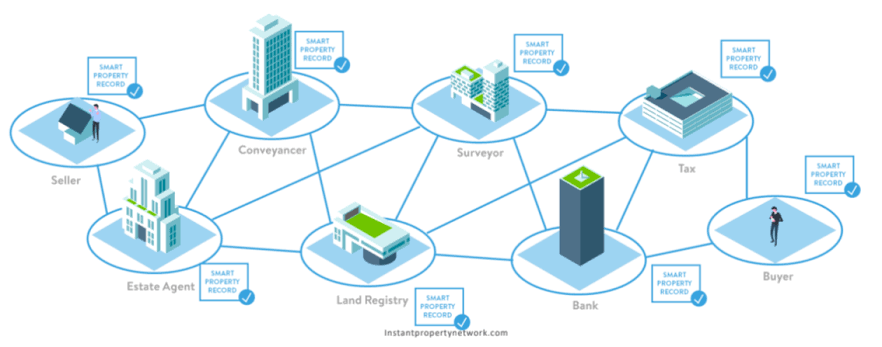Case study: Blockchain revolutionizes the land registry systems in Ghana.
As we continue to explore the role of blockchain in the judiciary, we turn our attention to a remarkable case study that highlights transformative potential of this technology. In Ghana blockchain has been leveraged to revolutionize the country's land registry systems bringing transparency, efficiency and security to property transactions.
This is a groundbreaking initiative and it will have a positive impact on the judiciary.
Case study: Blockchain and land registry in Ghana.
Ghana faced significant challenges in its land registry systems, including issues of corruption, disputes and inefficient record keeping. To address these problems, the government collaborated with a tech startup to a develop a blockchain based land registry system.
Blockchain technology was employed to create an immutable and transparent ledger for recording property ownership and transactions. Each land registration was securely recorded on the blockchain, ensuring transparency and eliminating the risk of tampering or fraud.
The introduction of blockchain in the land registry system brought several benefits which include enhanced trust and reduced corruption by providing a verifiable and tamper-proof record of property ownership.
Such transparency instilled confidence in buyers and sellers reducing the likelihood of disputes and litigation.
Furthermore the use of blockchain streamlined the transfer process, reducing bureaucratic red tape and delays. The automated smart contracts facilitated seamless and efficient transactions, eliminating the need for time consuming manual paperwork.
The decentralized nature of the blockchain ensured accessibility to land records. Individuals, lawyers and even the judiciary could easily access and verify property ownership information, improving the efficiency of legal proceedings and reducing the burden on courts.
In conclusion the case study Ghana's blockchain powered land registry systems exemplifies the profound impact that blockchain can have on the judiciary. By bringing transparency, efficiency and security to property transactions, blockchain technology has significantly transformed the land registry in Ghana, reducing corruption, Expediting transactions and improving access to land records.
This successful application of blockchain sets a precedent for other jurisdictions to explore similar solutions in their respective judicial systems, ultimately leading to fairer more efficient and trustworthy administration of justice.



